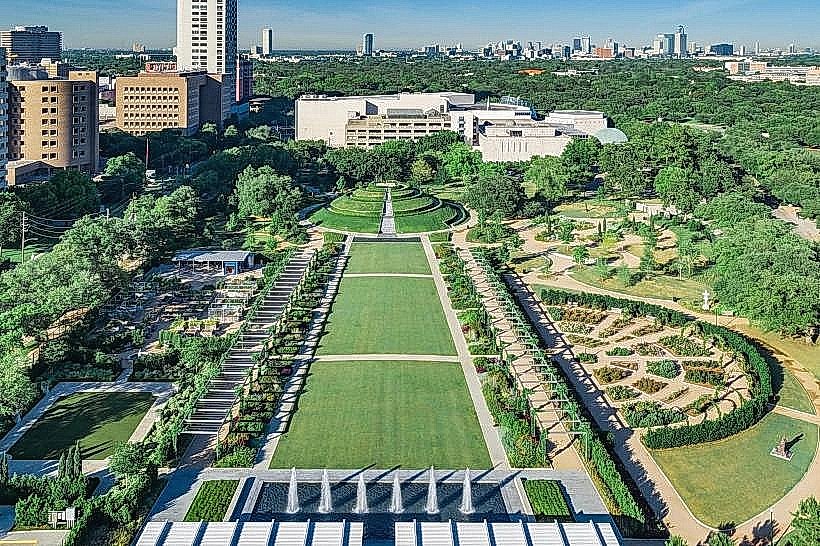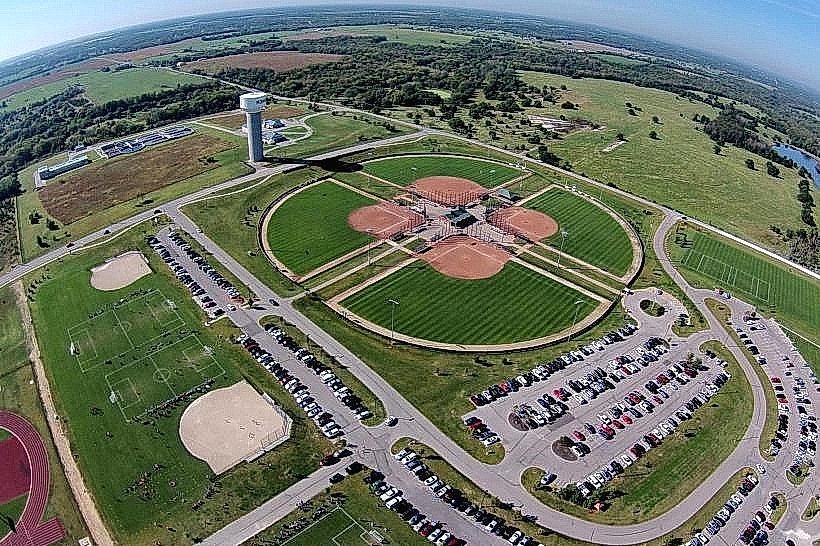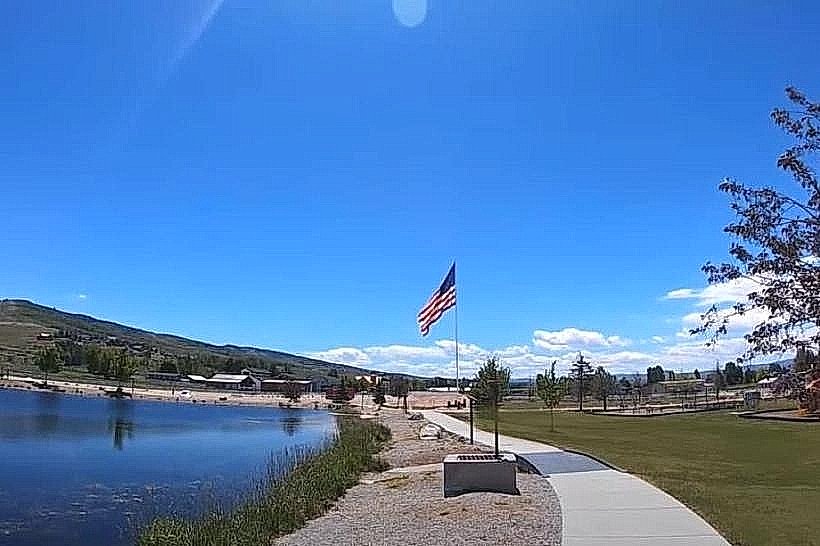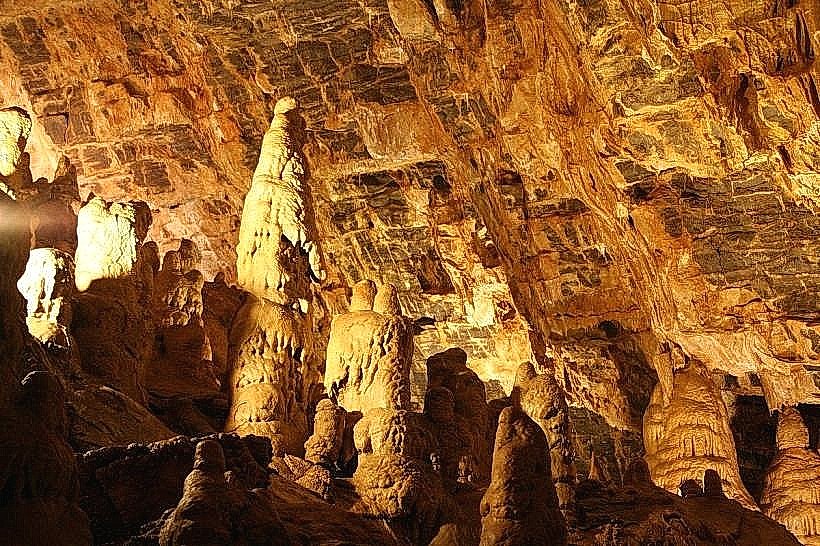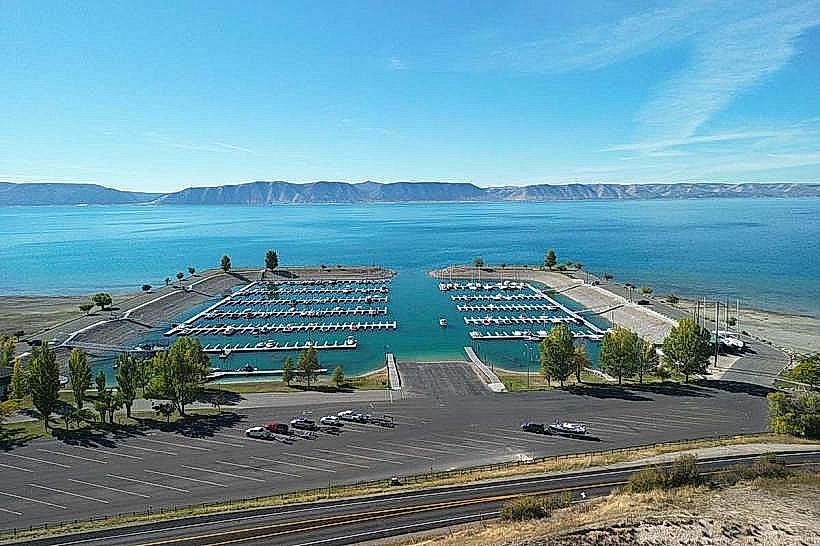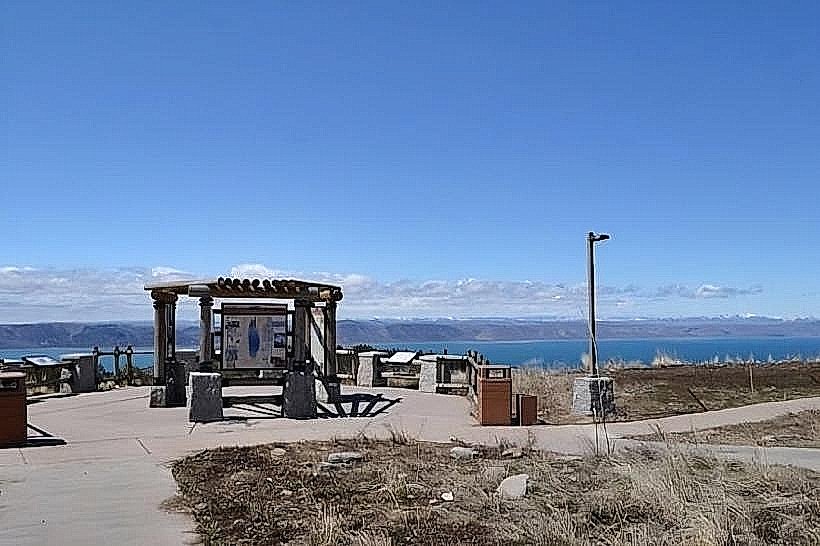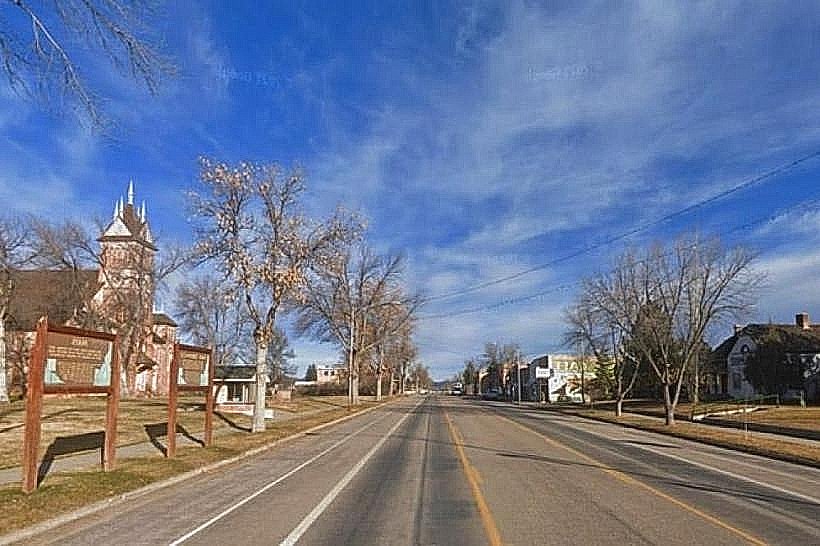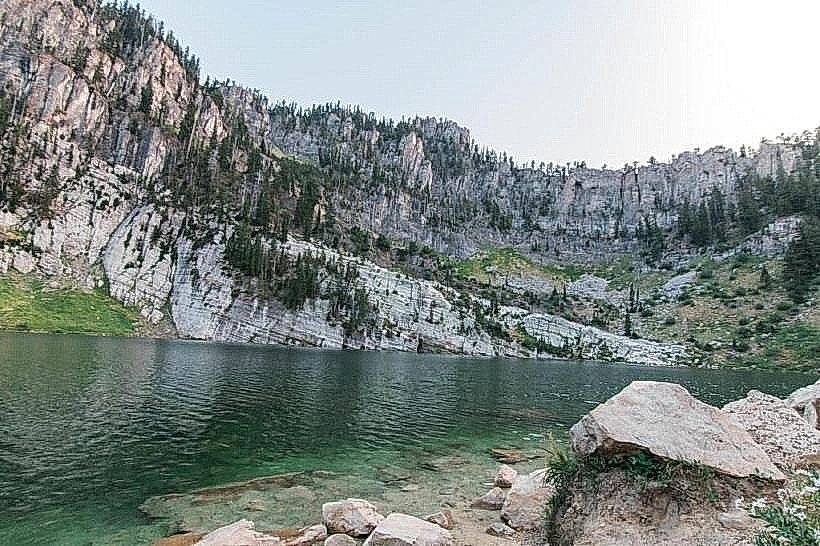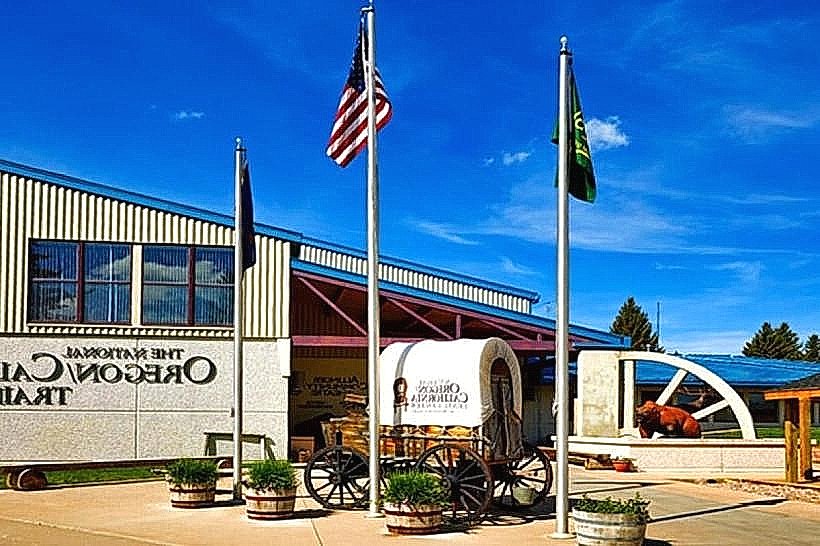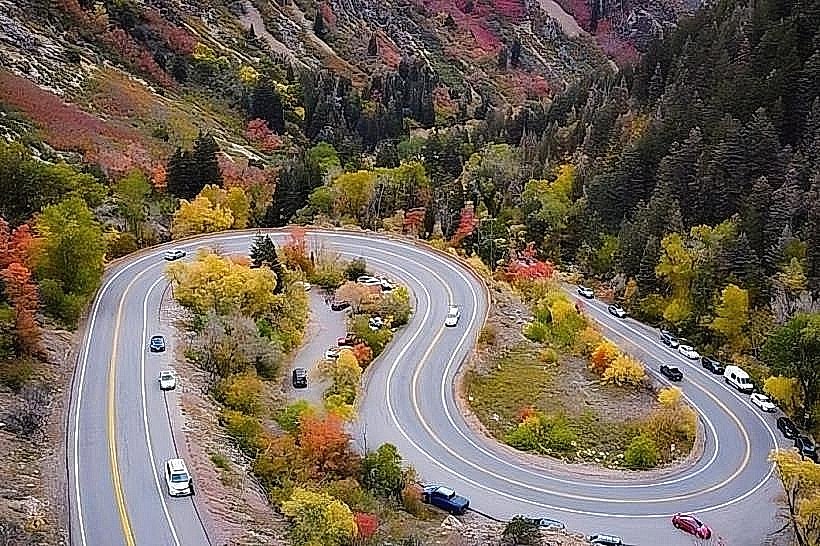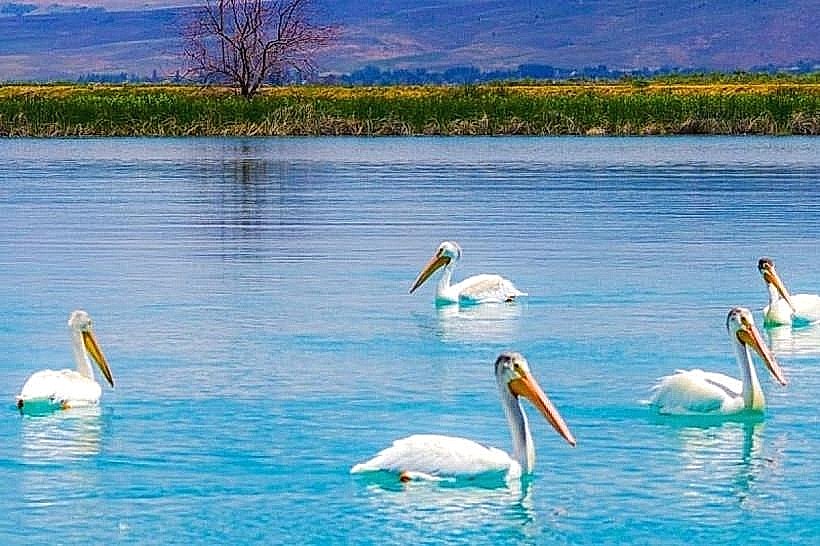Information
Landmark: Cimarron National GrasslandCity: Garden City
Country: USA Kansas
Continent: North America
Cimarron National Grassland, Garden City, USA Kansas, North America
Cimarron National Grassland is a protected area located in southwestern Kansas, USA. It is managed by the U.S. Forest Service.
Visual Characteristics
The landscape consists of rolling prairies, sandhills, and riparian areas along the Cimarron River. Vegetation is primarily shortgrass prairie, including species like blue grama, buffalo grass, and western wheatgrass. Scattered cottonwood trees and willows are present along the river. Soil types vary from sandy loam in the sandhills to darker prairie soils in other areas. Elevation ranges from approximately 3,000 to 3,500 feet above sea level.
Location & Access Logistics
Cimarron National Grassland is situated in Morton County, Kansas. The primary access point is via U.S. Highway 56, which runs through the grassland. The nearest major city is Garden City, Kansas, approximately 60 miles to the northeast. Access roads within the grassland are primarily unpaved, gravel, or dirt, and can become impassable after heavy rain. No public transportation services operate directly to the grassland. Limited parking is available at designated trailheads and recreation areas.
Historical & Ecological Origin
The area was established as the Cimarron National Grassland in 1960 under the Bankhead-Jones Farm Tenant Act. Its purpose is to conserve and manage lands acquired from farmers during the Dust Bowl era to prevent further soil erosion and restore native prairie ecosystems. Ecologically, it represents a transition zone between the shortgrass prairie to the west and mixed-grass prairie to the east, with riparian habitats supporting distinct flora and fauna.
Key Highlights & Activities
Activities include hiking on designated trails such as the Santa Fe Trail National Recreation Trail segment. Birdwatching is a common activity, with opportunities to observe prairie species. Fishing is permitted in the Cimarron River, subject to state regulations. Primitive camping is allowed in designated areas. Photography of the prairie landscape and wildlife is possible.
Infrastructure & Amenities
Restrooms are available at the Point of Rocks and Cottonwood Rest Areas. Shade is limited, primarily found in riparian zones. Cell phone signal is generally poor to non-existent throughout most of the grassland. No food vendors are located within the grassland boundaries; visitors should bring supplies.
Best Time to Visit
The best months for visiting are April through October, avoiding extreme winter conditions. Spring (April-May) offers blooming wildflowers. Summer can be hot, with daytime temperatures often exceeding 90°F (32°C). Early morning and late afternoon provide optimal lighting for photography due to lower sun angles. No tide considerations apply.
Facts & Legends
The Santa Fe Trail National Historic Trail passes through Cimarron National Grassland. A notable feature is Point of Rocks, a prominent sandstone outcrop used as a landmark by travelers on the Santa Fe Trail. Local folklore sometimes mentions sightings of prairie wildlife not typically found in the region, though these are unverified.
Nearby Landmarks
- Point of Rocks (0.1km West)
- Santa Fe Trail National Historic Trail (0.1km West)
- Cimarron River (0.5km South)
- Morton County Historical Museum, Richfield (25km Northeast)
- Black Mesa State Park, Oklahoma (40km Southwest)




